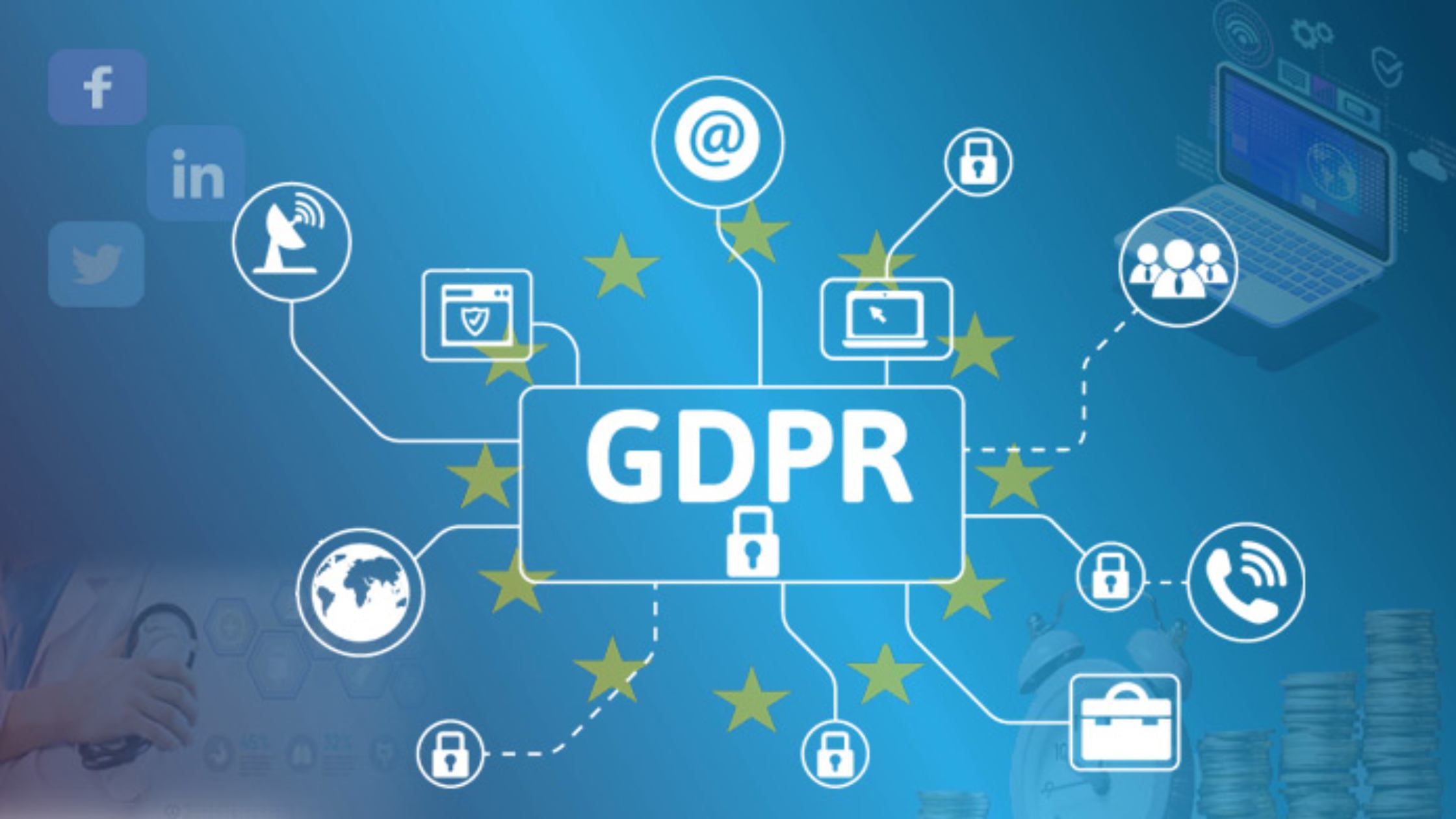Are you up to date on GDPR compliance regulations It’s not necessary to be however, it’s possible to feel intimidated by the intricate and constantly changing GDPR laws. It’s all about data security. It is about giving customers control over their personal data and making sure that they are safe in the storage of data. You can find out more about GDPR from other businesses or get started with it.

HIPAA is an acronym that should be familiar to health professionals and companies that handle personal data. HIPAA (Health Insurance Portability and Accountability Act), is a US law that regulates the disclosure and use of a patient’s personal health information. GDPR (General Data Protection Regulation) is a directive made by the European Union (EU). It covers all businesses who handle personal information of EU residents. These regulations have different scopes however they share the same purpose of ensuring security and privacy.
Important reasons for being HIPAA and GDPR compliant
Many reasons make compliance with HIPAA/GDPR is important. First, it shields private information from unauthorized access and disclosure, as well as misuse and modification. For example, healthcare providers may have sensitive medical information that could be used for identity theft or medical fraud. Businesses that handle personal information including addresses, names and email addresses are bound by GDPR. This applies whether the data is used for fraud, identity theft, or phishing.
In addition, these regulations must be followed. HIPAA regulations apply to covered entities such as health insurance companies, healthcare providers as well as healthcare clearinghouses. Infractions to HIPAA regulations could lead to civil penalties, criminal charges, and harm to a healthcare provider’s reputation. In the same way, GDPR applies to all businesses that handle personal information of EU residents regardless of the company’s location. Failure to comply could lead to heavy fines or legal actions.
These laws are crucial in helping create trust between customers and patients. Patients and patients want to know that their personal information will be treated with care and with respect. Compliance with HIPAA or GDPR regulations will prove that the company cares about security and privacy of data.
HIPAA Compliance and GDPR: Key Requirements
There are many requirements in HIPAA and GDPR that businesses need be aware of. HIPAA is a law that covers covered entities that have to safeguard electronic protected health data (ePHI) from unauthorized access, use, destruction or disclosure. This requires implementing administrative physical, and technical safeguards that safeguard ePHI from unauthorized access to, use or disclosure. For security breaches that could lead to incidents the covered entity must have policies and procedures in their place.
GDPR requires that individuals give explicit consent to companies collecting and processing their personal information. Consent must be given clearly, completely written down and precise. Businesses must also provide individuals with the ability to access their personal information with the ability to delete and rectify those under GDPR. To ensure the security of personal data companies must implement appropriate measures to protect their organization and technology.
HIPAA and GDPR Compliance Best Practices
To comply with HIPAA and GDPR regulations, businesses must implement best practices that guarantee the privacy and security of personal data. A few best practices are:
Reviewing risks: Businesses should conduct regular risk assessments to determine the security, integrity, or availability of personal data. This allows them to spot potential vulnerabilities and ensure that the appropriate security measures are in the place.
Set up access controls The only authorized individuals should be granted access to personal information. This can include implementing strong passwords, multi-factor authentication, and access controls based on the principle of least privilege.
Employees who train employees: Employees need to be educated on privacy issues affecting data. This can prevent accidental and intentional data breaches.
Implementing plans for responding to incidents: Businesses should have plans in place to address potential security incidents and breaches. This could include creating a response team and communicating regularly with them.
Organizations that handle personal data must adhere to HIPAA compliance as well as GDPR. These laws protect sensitive information from unauthorized access and disclosure and abuse and demonstrate the commitment to data security and privacy. Through implementing best practices including conducting risk assessments as well as implementing access controls in training employees, and creating incident response plans, businesses can make sure they comply with these regulations and ensure that their information is protected
For more information, click GDPR compliance